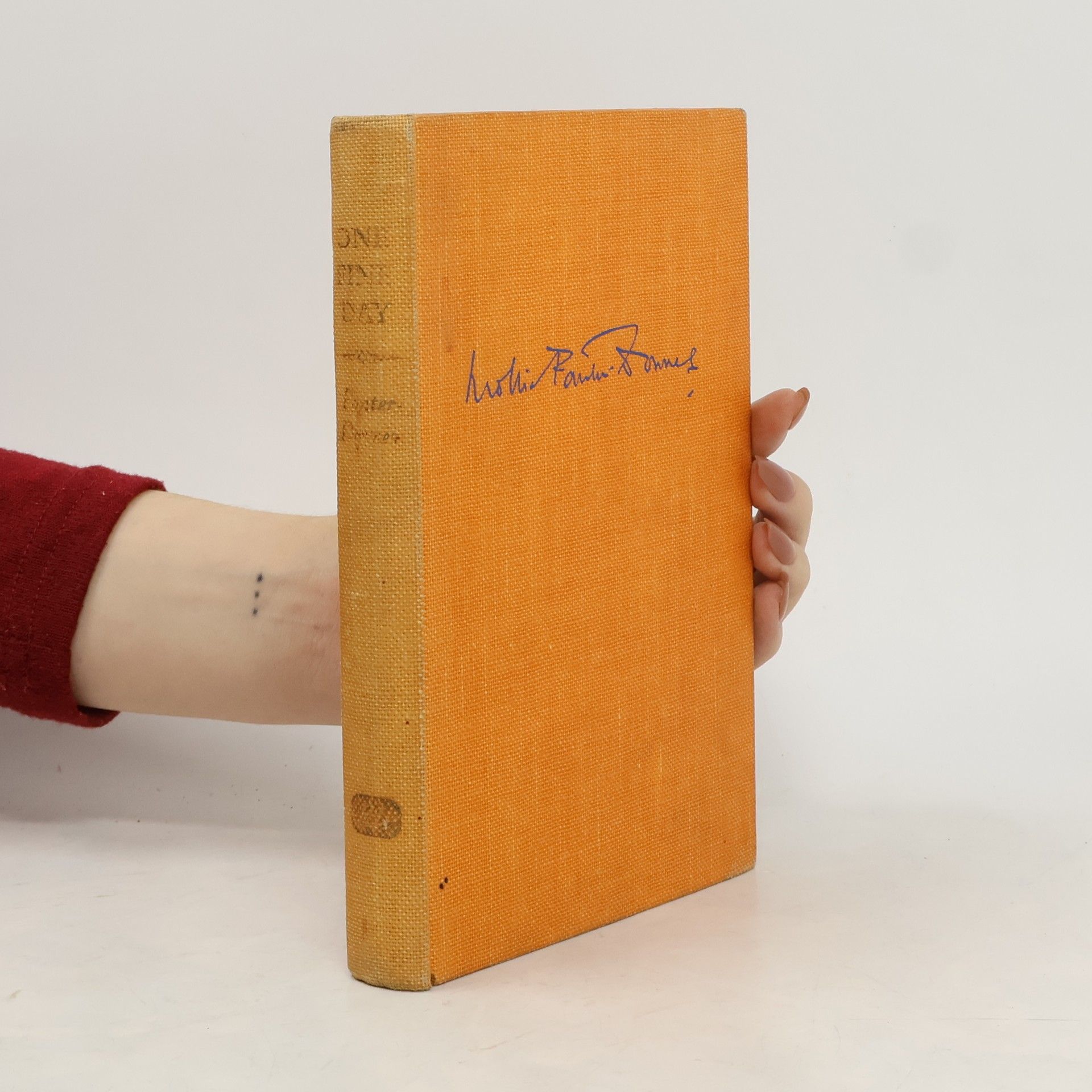Set in 1946, the narrative unfolds over a single summer's day, exploring the intricate dynamics of a marriage as it confronts its past. The story offers a vivid depiction of a nation at a crossroads, capturing the essence of change and renewal. With rich character development and a poignant atmosphere, it resonates with themes of reflection and the passage of time, making it an ideal read for those who appreciate deeply emotional and evocative literature.
Mollie Panter-Downes Books
Mollie Panter-Downes was a celebrated novelist and journalist, renowned for her insightful observations on British life. As a prominent columnist for The New Yorker, where she penned her acclaimed "Letter from London" column for decades, she captured the essence of wartime and post-war England with a unique blend of sensitivity and wit. Her ability to portray ordinary moments with extraordinary grace drew readers into her narratives, securing her a lasting literary presence. Panter-Downes's work offers a timeless perspective on the human experience through her masterful prose.




Good Evening, Mrs Craven
- 203 pages
- 8 hours of reading
Originally published in The New Yorker, Mollie Panter-Downes was the voice of England during the Second World War.
Minnie's Room
- 144 pages
- 6 hours of reading
Contains ten stories describing aspects of British life in the years after the war.
Published in 1931, Mollie Panter-Downes's book explores the different echelons of the increasingly self-conscious middle class and the ways in which the tensions and nuances of vocabulary, dress, occupation, politics, taste and, ultimately, the literary world contribute to the incompatibility of a marriage.